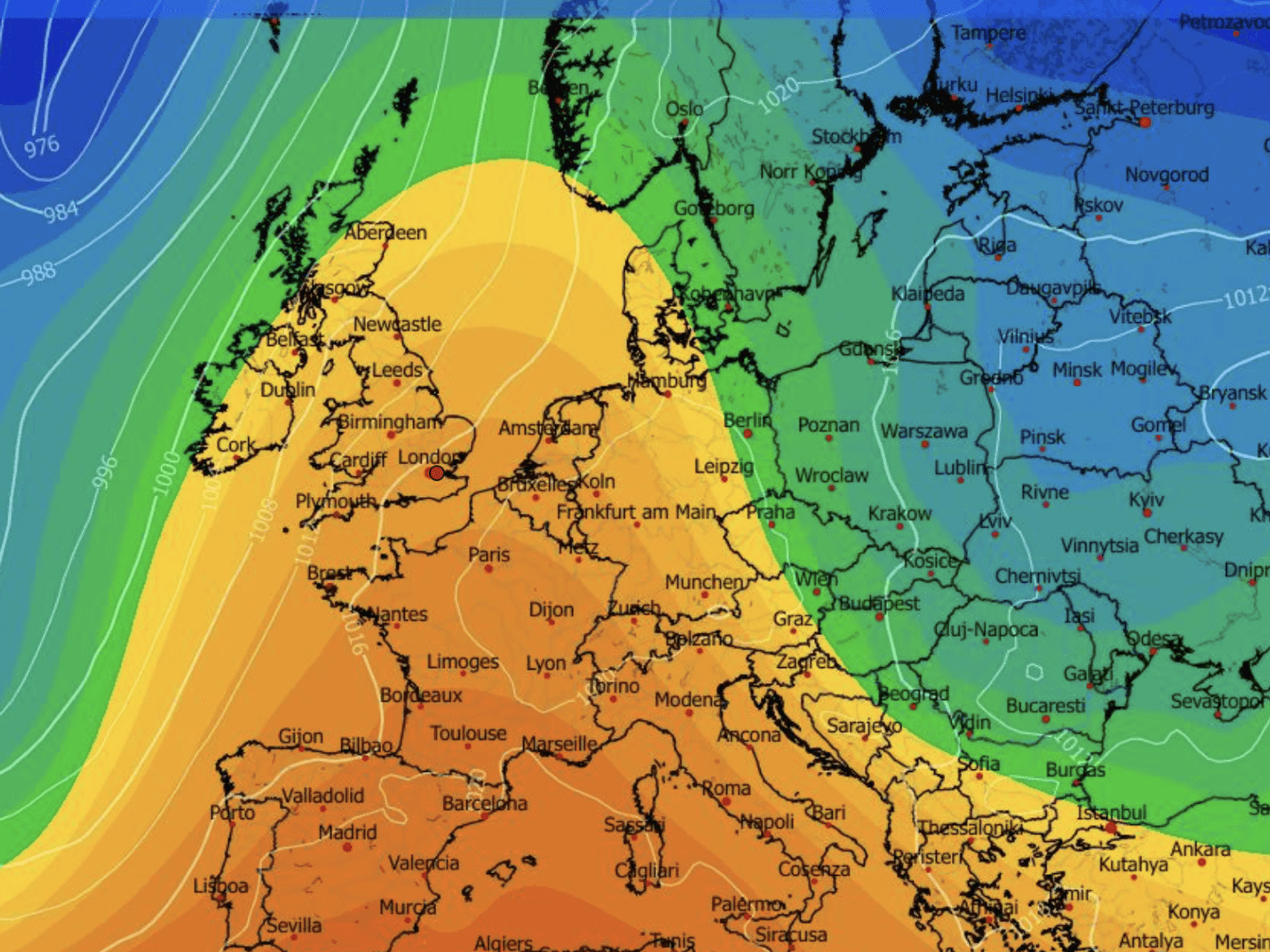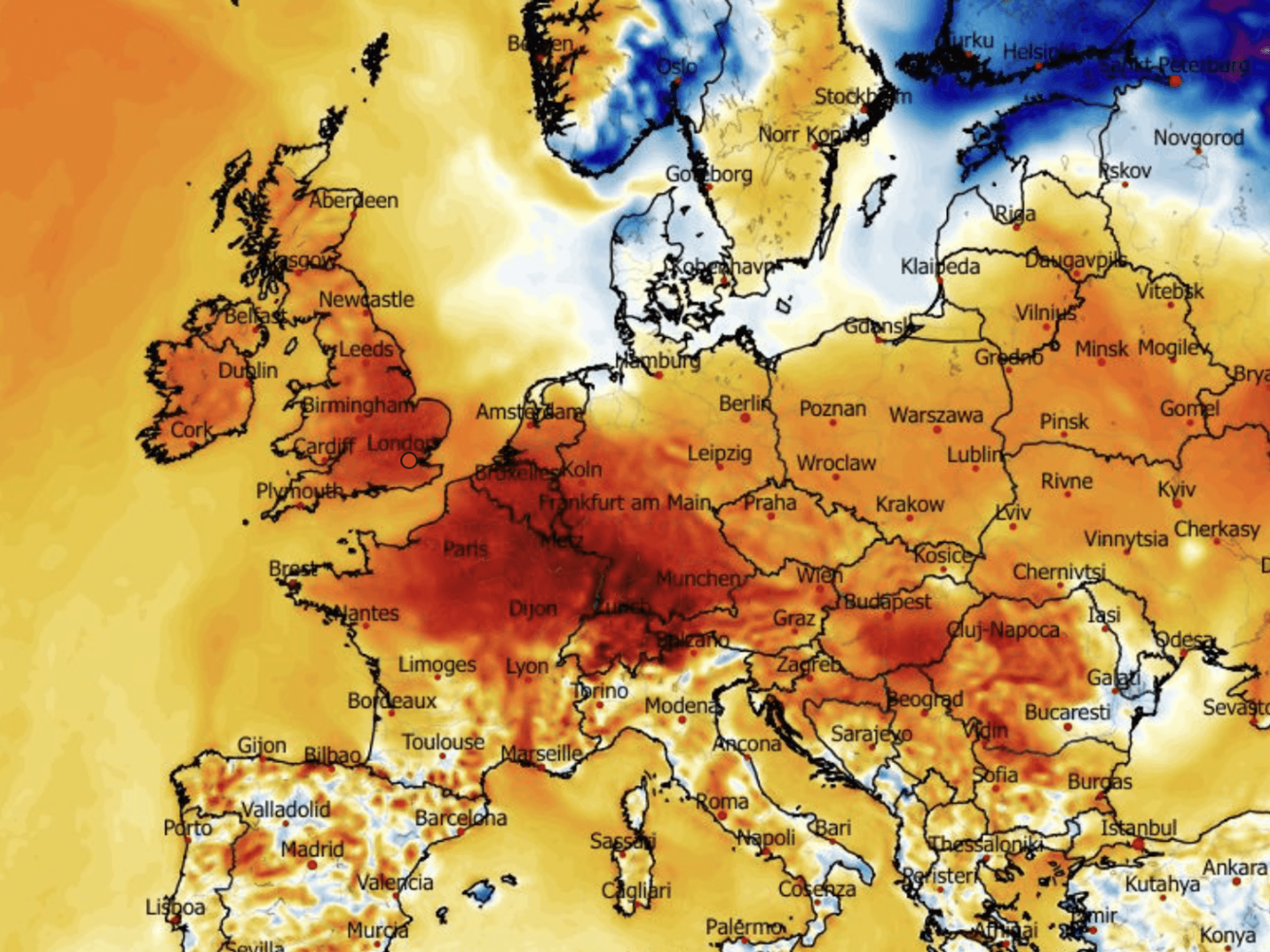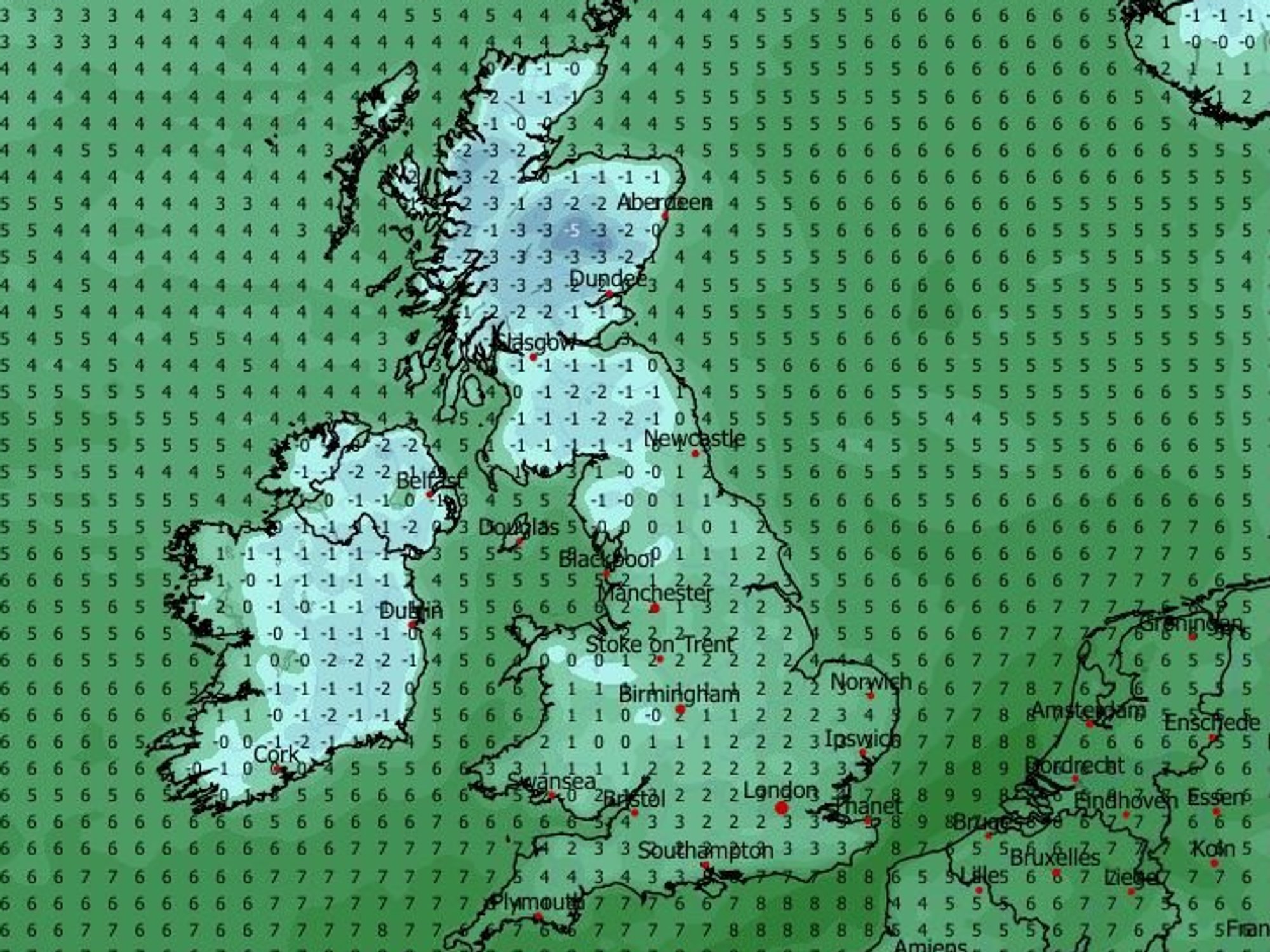Mosquito-borne killer disease freshly arrived in Britain threatens to WIPE OUT blackbirds

Businessman fined for attack on parish council chair in birds’ nests dispute |
GB News

The virus is generally considered low risk to people
Don't Miss
Most Read
Latest
A mosquito-borne disease has spread rapidly across southern England, threatening to wipe out Britain's beloved blackbirds.
Scientists are racing to understand the risks posed by the Usutu virus, which has travelled much further than initially expected in just five years.
The virus has now been detected in wild birds across much of southern England, reaching as far west as Dorset and as far north as Cambridgeshire.
Infected mosquitoes can transmit the deadly virus to blackbirds, raising serious concerns for these famous songsters.
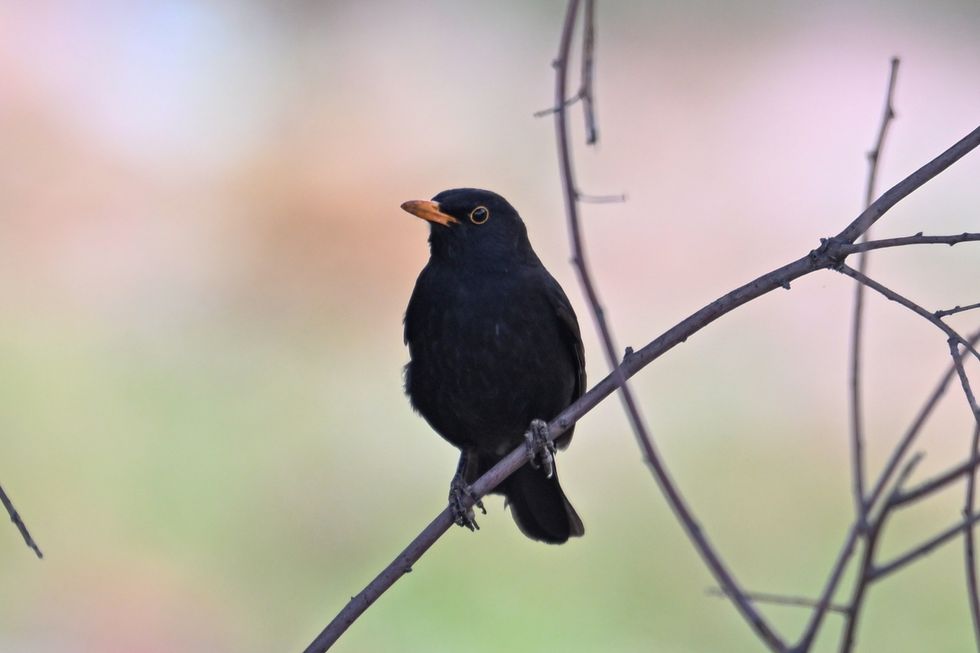
A mosquito-borne disease has spread rapidly across southern England, threatening to wipe out Britain's beloved blackbirds
|Getty
Scientists have linked the virus to a significant decline in blackbird populations in some areas, with a 40 per cent population decline in Greater London, according to reports.
Climate change is thought to be responsible for creating ideal conditions for mosquitoes to thrive in previously inhospitable areas.
Longer summers, hotter temperatures and heavy rainfall are enabling these insects to expand their range.
The virus was first detected in the UK in 2020, following that summer's heatwave.
LATEST DEVELOPMENTS:
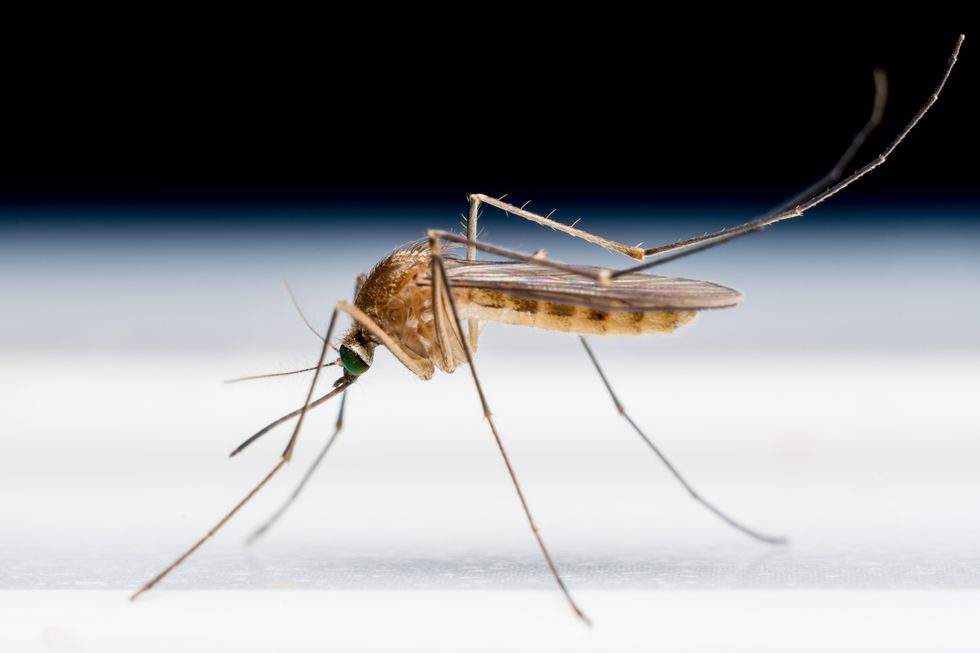
Infected mosquitoes can transmit the deadly virus to blackbirds, raising serious concerns for these famous songsters
| GETTYUsutu adds to the growing list of threats facing wild birds, alongside habitat loss, climate change and pesticide use.
The Usutu virus was first detected more than half a century ago around southern Africa's Usutu River but has since spread globally, reaching Europe three decades ago.
While the virus has been linked to mass die-offs of blackbirds elsewhere in Europe, this hasn't been observed in Britain.
The blackbird remains one of the commonest garden birds with numbers holding steady in many parts of the country, especially in rural areas and the north.
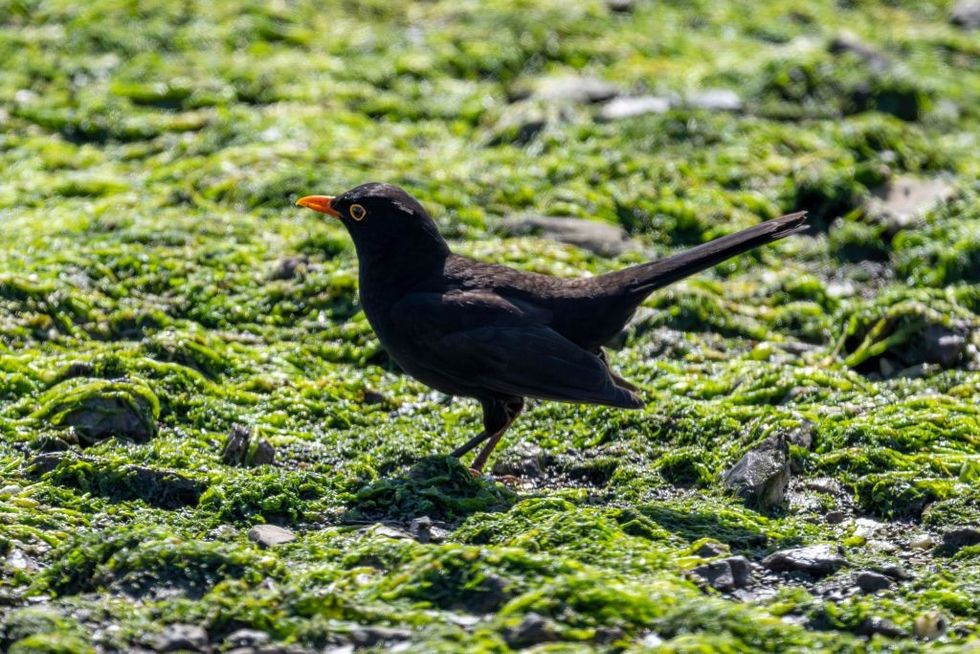
Blackbirds are recognisable with their all-black plumage, yellow bill, and yellow eye ring
|Getty
Scientists from the Animal and Plant Health Agency have joined forces with the British Trust for Ornithology (BTO) to gather more data.
They are calling for volunteers to count blackbirds in their gardens over the summer months, particularly now when blackbirds are breeding and raising their young.
The virus is generally considered low risk to people, with no human cases reported in the UK to date.
Blackbirds, commonly found in gardens, parks and woodlands in the UK, are recognisable with their all-black plumage, yellow bill, and yellow eye ring.








